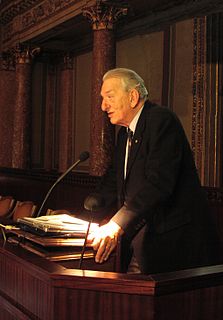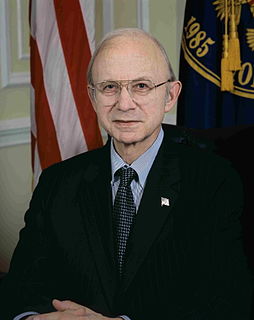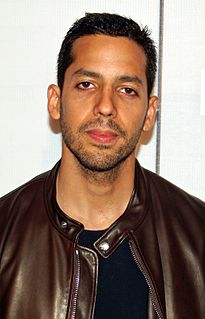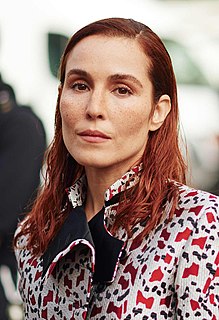A Quote by Wendy Kopp
We've done a lot of research on the characteristics of our teachers who are the most successful. The most predictive trait is still past demonstrated achievement, and all selection research basically points to that.
Quote Topics
Related Quotes
Don't assume that the way that one searches and researches is the same from one era to another - it isn't. In the 19th century, most research was done by amateurs: either individuals who were rich or individuals who had a day job. In the 20th century, most researchers worked at universities or think tanks and received money from the government or from foundations to pursue their work. In our time, the sources of support and the locations for research may be quite different.
We sometimes talk as if "original research" were a peculiar prerogative of scientists or at least of advanced students. But all thinking is research, and all research is native, original, with him who carries it on, even if everybody else in the world already is sure of what he is still looking for.




































